Discovering Dili: A Historical and Cultural Journey
Nestled along the northern coast of Timor Island, Dili, the vibrant capital of East Timor, or Timor-Leste, embodies a rich tapestry of cultural heritage and historical significance. As the largest city in the nation's youngest country in Southeast Asia, Dili stands as a testament to endurance and cultural diversity, having lived through centuries of colonialism, conflict, and now ever-growing development and modernization.
The Historical Tapestry of Dili
Dili's history is deeply intertwined with the broader historical arc of Timor-Leste, stretching back hundreds of years to an era of Portuguese exploration and colonization. This small yet historically dense city began its colonial chapter in 1520 when Portuguese explorers made their way to Timor Island, drawn by the lure of valuable sandalwood and potential Christian converts. Ultimately, the arrival of the Portuguese would significantly influence Dili's architecture, religious make-up, and cultural identity.
Over time, Dili evolved into a significant center for trade and administration, serving as the capital of the Portuguese Timor colony. For centuries, the influences in Dili were predominantly Portuguese, and the city was characterized by its colonial architecture, including impressive churches and government buildings. However, the city also faced challenges; it was a hub in the sometimes turbulent power dynamics in the region, balancing relationships and opposition with neighboring Indonesia, once a Dutch colony itself.
The Indonesian Occupation
The year 1975 marked a turning point for Dili as East Timor declared its independence from Portugal on November 28, only to face military invasion by Indonesia nine days later. This invasion led to the annexation of East Timor as Indonesia's 27th province—an action never recognized by the United Nations. During the occupation, which lasted until 1999, Dili became a focal point for resistance movements and a place marked by turmoil and repression. The city’s streets were often witness to the struggles between Indonesian authorities and Timorese independence activists.
The Santa Cruz massacre on November 12, 1991, was one of the most notorious episodes in Dili during the occupation. A peaceful procession of thousands of mourners marching from the Motael Church to the Santa Cruz Cemetery, in memory of a pro-independence activist, was met with violent suppression by Indonesian troops. The massacre was so significant that it catapulted East Timor into international prominence, galvanizing global support for the country’s bid for independence.
Path to Independence and Peace
The path to full independence for East Timor, and with it, Dili, was fraught with challenges but driven by immense determination. In 1999, a UN-backed referendum was held, in which the East Timorese people overwhelmingly voted for independence from Indonesia. The aftermath, however, saw violent reprisals from anti-independence militias, leading to widespread destruction in Dili. The international community quickly responded, and the arrival of peacekeeping forces helped restore order, paving the way for East Timor to achieve official independence on May 20, 2002, with Dili as its proud capital.
Today, as East Timor continues to strengthen its democratic governance, Dili has emerged as a symbol of resilience and renewal, portraying an intriguing mix of historical heritage and modern ambition. With peace largely restored, the city now reflects a hopeful spirit that is both palpable and infectious among its citizens and the many visitors it attracts yearly.
Exploring Cultural Dili
Beyond its historical importance, Dili thrives as a cultural hub. It is a city where modernity meets tradition, offering a unique blend of culture that is deeply rooted in the traditions of Timorese tribes and the legacy of Portuguese colonialism. Visitors to Dili can explore a myriad of churches, markets, and museums that reflect this intricate cultural tapestry. A prime example is the Cathedral of Immaculate Conception, a landmark showcasing Portuguese architectural influences.
Moreover, the city's cultural scene is vibrant with local art, music, and cuisine. Festivals and cultural events play a crucial role in the community, where traditional dances, such as the likurai, are performed to express deep-seated emotions and to tell the stories of Dili's people.
Dili’s food scene is equally diverse, providing a fusion of flavors that reflects its historic heritage. Whether you're indulging in a plate of fresh seafood by the ocean or sampling local delicacies from a street vendor, the cuisine is a vital part of experiencing Dili, offering culinary delights that range from traditional Timorese dishes to Portuguese-inspired fare.
As we delve deeper into the modern aspects and evolving identity of Dili, it becomes clear that this city is alive with stories waiting to be told and explored, from its streets echoing the footsteps of its historical past to the bustling vibrancy of its present-day culture. In the following sections, we will explore the development and societal evolution of Dili, focusing on its present-day contributions to the nation of Timor-Leste and its burgeoning future. \[Continue...]
Dili in the Modern Era: Development and Growth
As the capital of one of the world's youngest nations, Dili finds itself at a pivotal juncture, transitioning from a past defined by colonial rule and conflict to a future characterized by growth and potential. The city's efforts in rebuilding its infrastructure, strengthening its institutions, and fostering economic development serve as critical components of its modern transformation.
Since its independence in 2002, Dili has been the focal point of Timor-Leste’s reconstruction efforts. Substantial investments have been made in improving the city's infrastructure, with particular attention given to roads, schools, and healthcare facilities. These improvements are part of a broader strategy to develop a robust foundation for economic growth and societal advancement.
Economic Ventures and Challenges
Dili plays a crucial role in Timor-Leste's economic landscape. The city acts as the central hub for governance, commerce, and trade within the country. In recent years, Dili has experienced an influx of both foreign aid and investment, aimed at fostering sustainable development and building a diversified economy. As the driving force behind the national economy, the city has witnessed steady growth in sectors such as agriculture, tourism, and, most notably, oil and gas.
The discovery and development of oil and gas fields in the Timor Sea have significantly impacted Dili's economy. Revenue from these resources has bolstered the national economy and funded crucial infrastructure projects. However, this reliance on a finite resource poses challenges, with economic diversification being critical to ensure future prosperity. As such, efforts are underway to expand the tourism sector, positioning Dili as a destination for travelers seeking to explore its cultural richness and natural beauty.
Tourism, although still developing, shows great promise. Dili's picturesque landscape, featuring pristine beaches and the striking backdrop of the surrounding mountains, offers unique potential for eco-tourism and cultural tourism. Moreover, the hospitality industry, though in its early stages, is slowly evolving, with new hotels, restaurants, and cultural tours springing up, aiming to cater to an increasing number of international visitors.
Social Progress and Education
Education has been prioritized in Dili’s development blueprint as a vital tool for empowering a new generation of Timorese leaders. Schools and universities are being equipped to provide quality education that fosters innovation and entrepreneurship. Educational initiatives focus on multiple critical areas, including technology, language proficiency, and vocational training, aiming to prepare students to compete in an increasingly globalized world.
Community organizations and international NGOs have taken active roles in educational outreach, creating programs that aim to improve literacy and skills among the city's youth. Through these efforts, Dili is nurturing a population that is not only well-educated but also motivated to contribute positively to the nation's future.
Civic Engagement and Governance
The path to independence has also shaped Dili's civic and political landscape. The city is a beacon of governance for Timor-Leste, housing essential government institutions and foreign embassies. Over the past two decades, Dili has made significant strides in strengthening its democratic institutions, reinforcing the principles of fair governance, transparency, and rule of law.
An engaged civil society is one of Dili's standout features, with non-governmental organizations, community groups, and activists playing pivotal roles in shaping public discourse. These groups focus on a variety of issues, ranging from human rights advocacy and environmental conservation to women's empowerment and cultural preservation.
Civic engagement in Dili reflects the city’s commitment to participatory governance, striving to create a society where everyone is heard and represented. This spirit of inclusion is vital as Dili moves forward, ensuring that all citizens contribute to and benefit from their nation's development.
An Optimistic Future for Dili
Despite the challenges faced, Dili exudes a spirit of resilience and optimistic determination. This optimism is rooted in its young population, vibrant culture, and the indomitable spirit of its people. As Timor-Leste continues on its journey of self-discovery and nation-building, Dili stands at the forefront as a representation of its aspirations.
The future promises more interconnectedness with the global community, with Dili establishing stronger ties through diplomacy, trade, and cultural exchange. The city's strategic location and cultural offerings position it as a pivotal player in the regional landscape, with opportunities for collaboration and partnership.
Moreover, as the capital evolves, there is a distinct commitment to preserving the rich heritage that defines Dili's unique identity. Urban development plans incorporate sustainable practices and cultural conservation, merging progress with tradition and ensuring that the city remains a bastion of history and culture.
In the forthcoming section, we will delve into the social fabric of Dili, exploring daily life in the city and the vibrant communities that contribute to its dynamic character, along with examining the initiatives that are shaping its future trajectory on the national and international stage. \[Continue...]
The Vibrant Social Fabric of Dili
Beyond the historical and economic dimensions, Dili thrives as a multifaceted community where social life plays a vital role in defining its essence. The city, with its kaleidoscope of influences, offers a snapshot of contemporary life in East Timor, balancing urban dynamism with timeless traditions. Social interactions in Dili are characterized by community spirit and vibrant local culture that underscore the daily lives of its residents.
Community Life and Traditions
The sense of community in Dili is palpable, rooted in the customs and traditions passed down through generations. Local communities often gather for cultural festivals and events that celebrate the unique mixture of indigenous traditions and the Portuguese colonial legacy. Such events foster camaraderie and unity among residents, and they often feature traditional music, dance, and cuisine. The “tais” market is one such place where this cultural vibrancy is on full display. Tais, traditional woven textiles, are renowned for their intricate designs and vibrant colors and serve as both cultural symbols and economic goods in the city.
Community gatherings also extend into religious practices, which are central to the social fabric of Dili. Catholicism, introduced during the Portuguese era, remains a dominant faith, and religious festivals such as Easter and Christmas are celebrated with much fervor. Such events often draw the community together, providing a forum for collective identity and mutual support.
Underpinning Society with Tradition and Change
Dili's society reflects a blend of tradition and change as it evolves in the 21st century. The younger generation, while deeply connected to their cultural roots, increasingly seeks new opportunities in education, technology, and entrepreneurship. Simultaneously, initiatives aimed at promoting gender equality and environmental sustainability are taking shape, driven by both local and international advocates.
A remarkable example is the rise of local youth-driven organizations that work towards ecological conservation and social justice. These groups are pivotal in shaping public attitudes and influencing policy changes to address issues such as gender-based violence and climate change, which are critical challenges for Dili and Timor-Leste more broadly.
Daily Life and Local Flavors
Daily life in Dili encompasses both the traditional and the modern. The city's markets bustle with activity, offering an array of local produce, fresh fish, and traditional handicrafts. Here, locals convene not just for trading goods but also for socializing, making these markets integral parts of community life. Street food stalls provide another snapshot of daily life, offering visitors the chance to sample Dili's culinary delights, from spicy curries and grilled meats to the ever-popular Portuguese-inspired pastries.
For those who prefer a contemporary vibe, Dili's cafes and restaurants express the evolving culinary culture. Here, traditional East Timorese ingredients might meet global cuisine influences, appealing to both locals and visitors seeking diverse culinary experiences. Moreover, coffee culture is burgeoning in Dili, with the beverage celebrated as a mainstay of local agriculture and daily life. Timorese coffee, renowned for its rich flavor, is both an export commodity and a symbol of national pride.
Future Trajectories and Global Engagement
As Dili continues to develop and mature, the city embraces its role on the international stage. Increasing global awareness about East Timor's rich cultural and natural assets contributes to Dili’s growing tourism potential, enhancing opportunities for economic and cultural exchanges. Moreover, the presence of international institutions and diplomatic missions within the city bolsters its identity as a global player.
Looking ahead, Dili's vision includes sustainable urban planning and infrastructure development aimed at creating a modern metropolis while safeguarding its cultural and natural heritage. There is a concerted focus on initiatives that promote renewable energy, eco-friendly buildings, and public transportation systems as a means to address urban challenges while adhering to sustainable practices.
Finally, Dili remains committed to strengthening democracy and upholding its motto “Unity, Action, Progress.” Through education, civic responsibility, and global partnerships, the city aspires to remain a beacon of resilience, offering hope and prosperity to its citizens.
Thus, Dili presents a narrative of a city that is constantly evolving, reinforced by its history and propelled by its ambitions. As East Timor’s capital, it represents hopes, aspirations, and a relentless drive toward progress, proving that even the smallest places can inspire significant change on the world stage. As it stands at this crossroads, Dili's ongoing journey promises to be as enlightening and compelling as its storied past.







/image%2F0994950%2F20231227%2Fob_6ee823_oip-le9zan7rfdbd9et6yb3f1whaet-w-246-h.7)

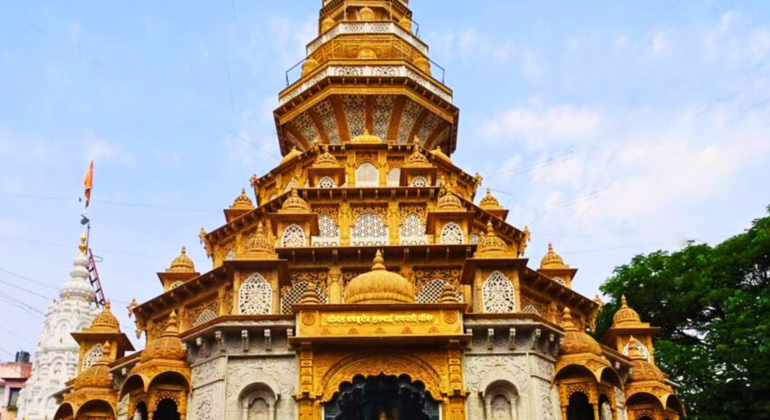
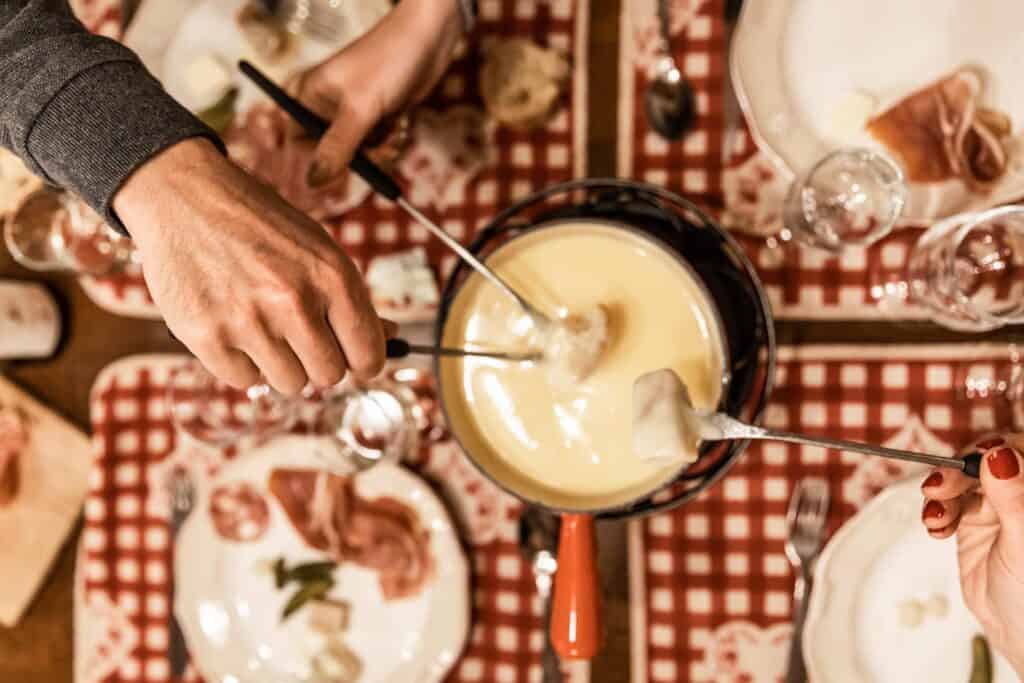

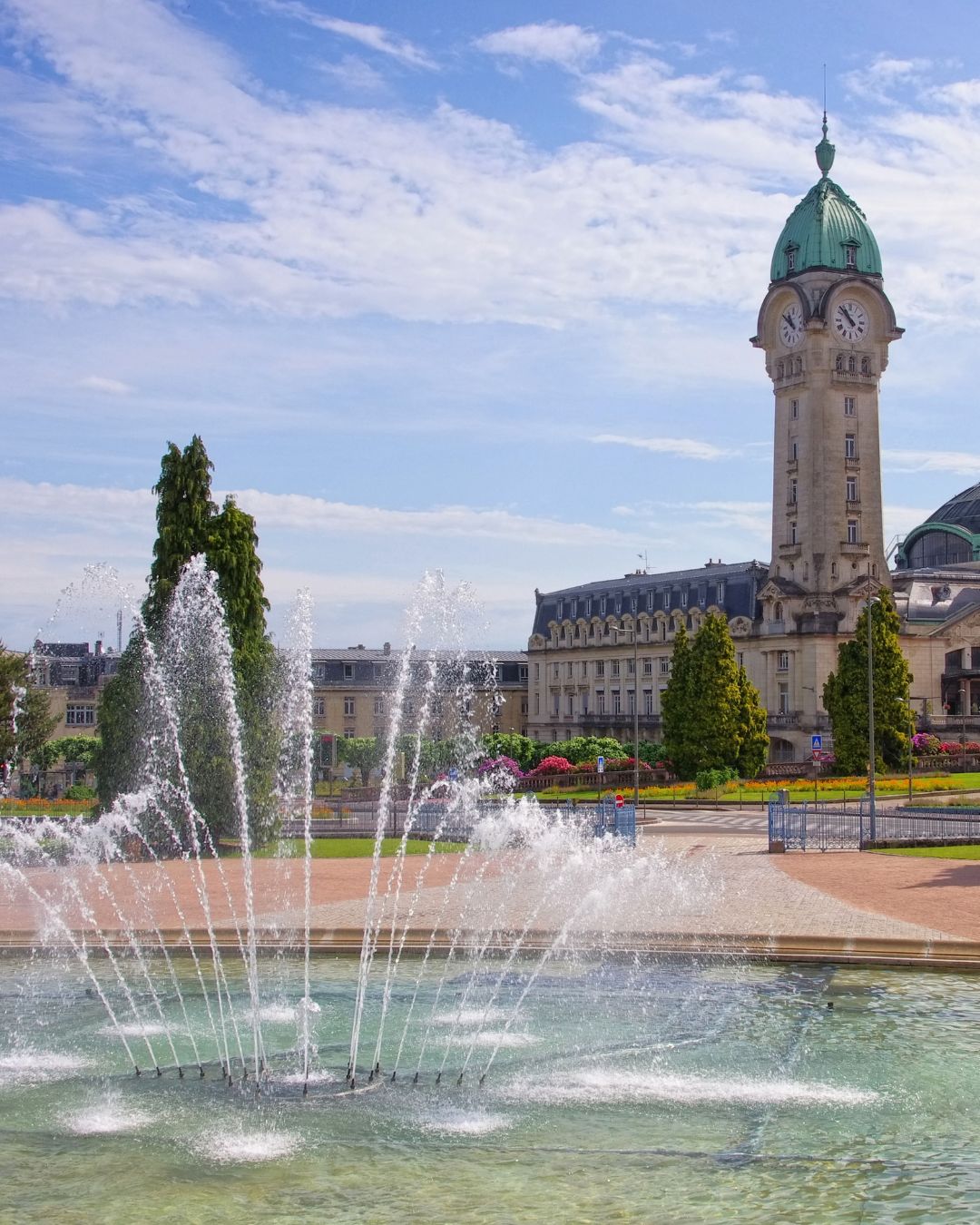
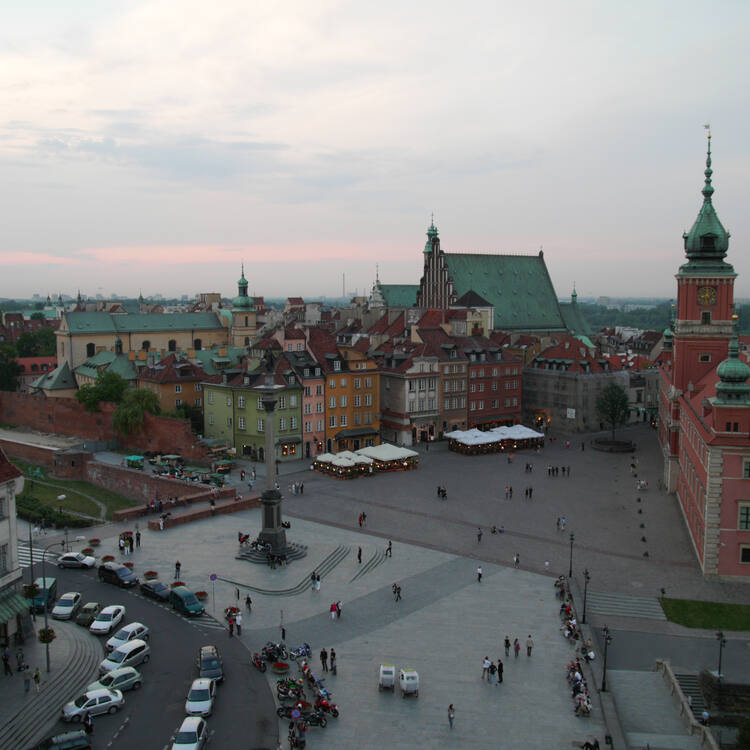


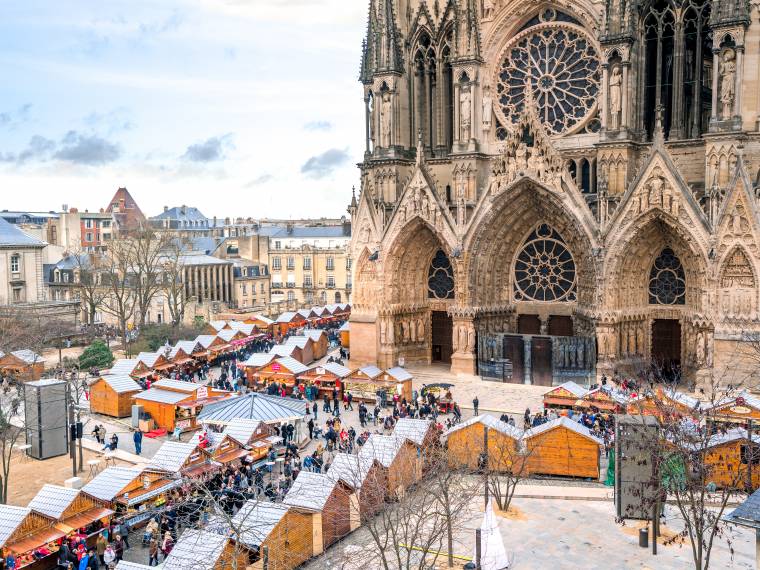

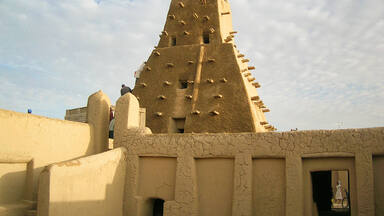

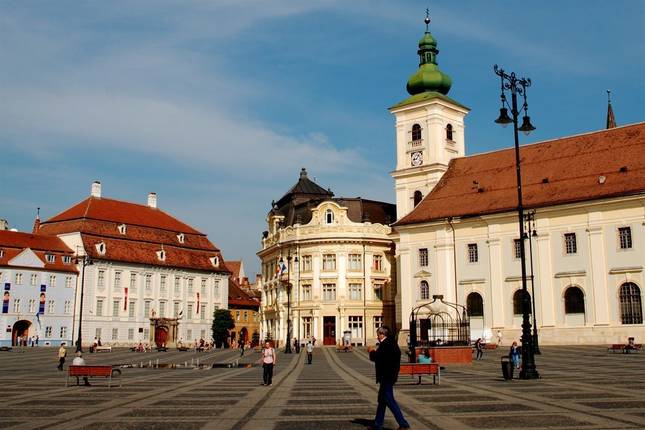
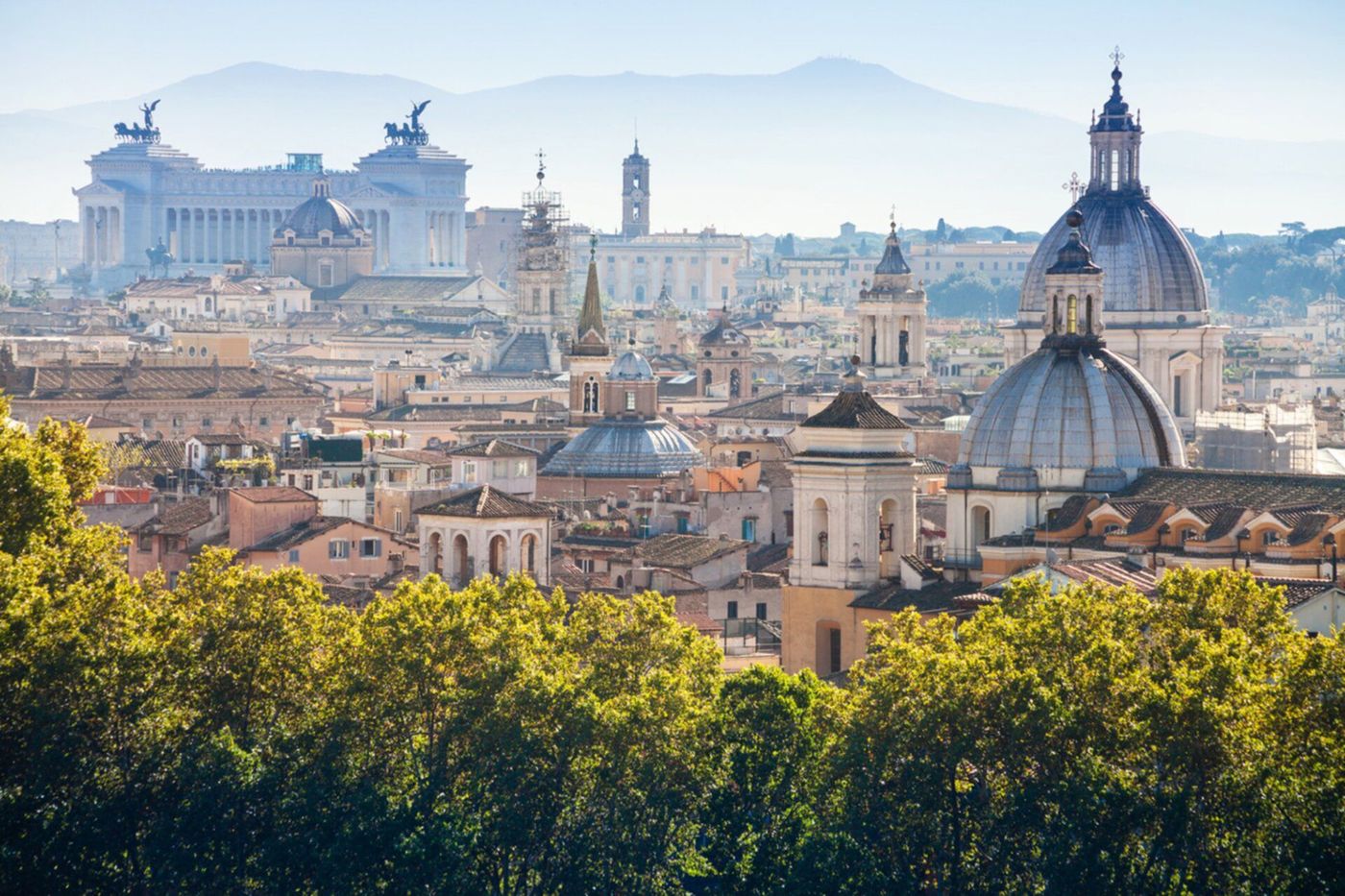


Comments